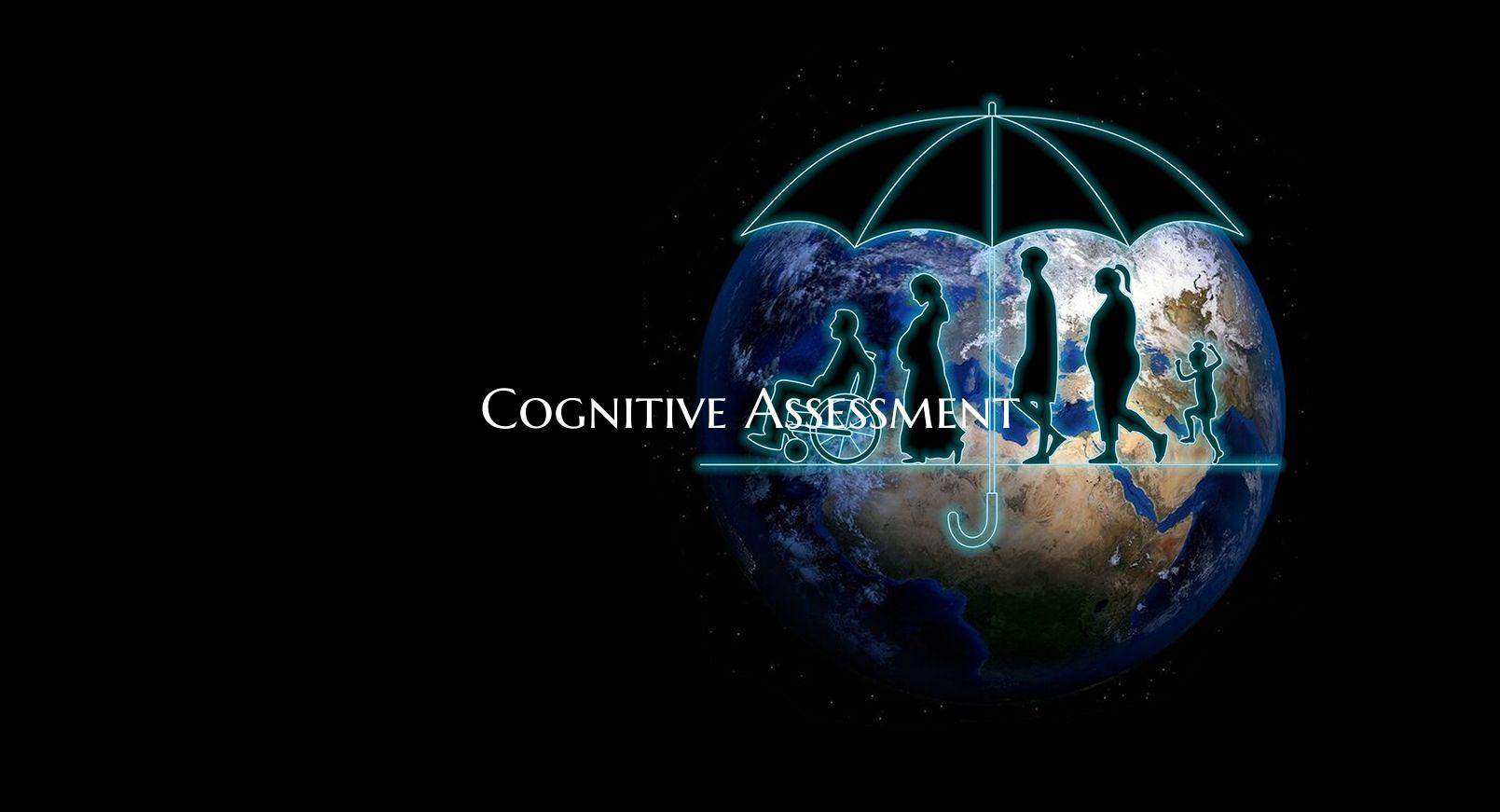
Cognitive Assessment
Cognitive Assessment: Understanding the Mind
Introduction: Cognitive assessment is a valuable tool used to measure an individual's cognitive abilities including memory, problem-solving skills, attention spans, and language proficiency. This assessment provides insights into one's cognitive functioning and can be instrumental in identifying areas of strength and weakness.
Importance of Cognitive Assessment: Cognitive assessment plays a crucial role in various settings such as education, healthcare, and research. In education, it helps identify students who may need extra support or specialized instruction. In healthcare, cognitive assessment is used to detect cognitive impairment in patients, aiding in early diagnosis and intervention. Researchers also utilize cognitive assessment tools to study cognitive processes and brain functions.
Types of Cognitive Assessment: There are several methods and tools used in cognitive assessment. These can range from standardized tests administered by professionals to online assessments that measure specific cognitive functions. Some common types of cognitive assessment include intelligence tests, memory assessments, executive function tests, and screening tools for conditions like dementia and attention deficit disorders.
The Assessment Process: During a cognitive assessment, individuals may be asked to complete various tasks such as solving puzzles, recalling information, following instructions, or performing mental calculations. Observations of behaviors and interactions are also important in assessing cognitive abilities. The results of these assessments are then analyzed to provide a comprehensive understanding of an individual's cognitive strengths and weaknesses.
Key Takeaways: Cognitive assessment is a valuable tool for evaluating cognitive abilities and identifying areas where individuals may need support or intervention. By conducting thorough assessments, educators, healthcare professionals, and researchers can gain valuable insights into the cognitive functioning of individuals and tailor interventions to meet their specific needs.
Conclusion: In conclusion, cognitive assessment plays a crucial role in understanding the complexities of the human mind. By assessing cognitive abilities, we can better support individuals in reaching their full potential and improving their overall quality of life. Whether in schools, healthcare settings, or research labs, cognitive assessment remains a fundamental tool for unlocking the mysteries of the mind.